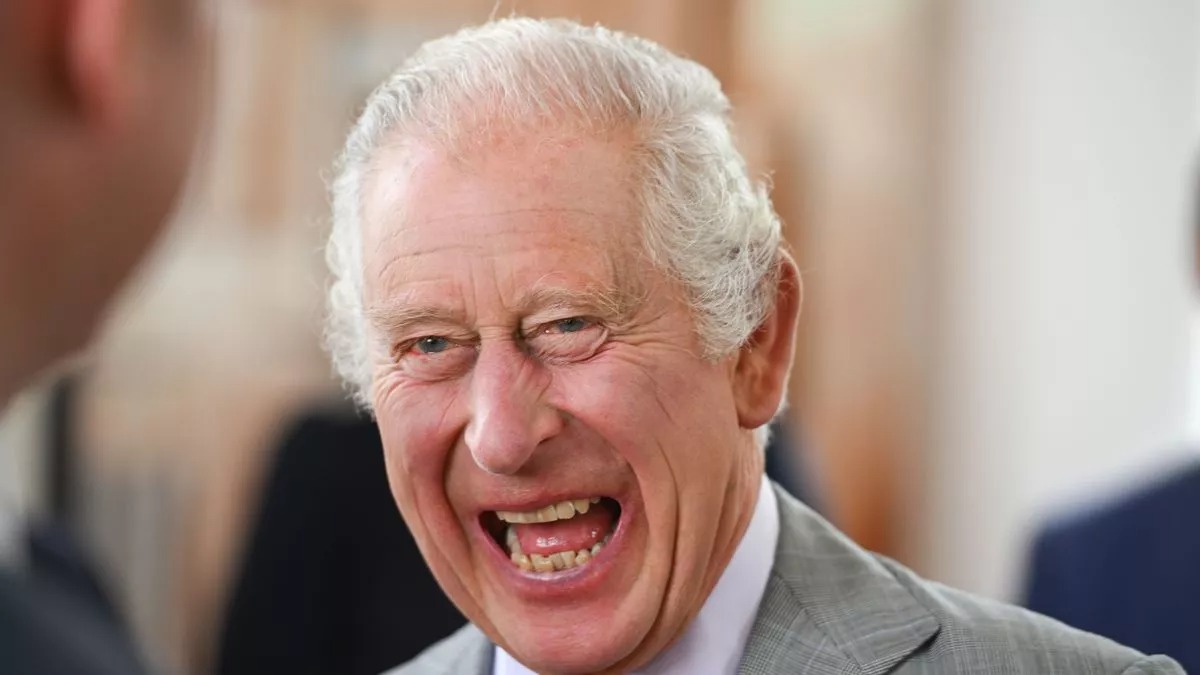Israel’s trajectory is increasingly defined by internal strife, external resistance, and an unraveling of its political and social fabric. A combination of regional dynamics, internal political scandals, and shifting global alliances has placed Israel in an existential crisis…
Once a regional powerhouse, the nation now finds itself grappling with cascading challenges that threaten its survival as a stable state.
Economic Freefall: A Nation in Crisis
Economically, Israel is reeling. Prolonged conflicts in Gaza and Lebanon, coupled with internal instability, have devastated key sectors. The economy shrank by a staggering 19.4% in the last quarter of 2023, with further contractions forecasted for 2024. Over 46,000 businesses have shuttered, and capital flight is draining domestic markets of liquidity. Israelis, losing faith in their country’s future, are transferring savings abroad, exacerbating the crisis.
Ports like Eilat are effectively shut down, and trade routes face constant threats from Hezbollah’s missile strikes. Sanctions from Colombia and Turkey have curtailed access to critical resources like coal and dual-use materials, further hampering energy and trade. Government austerity measures, including pension freezes and tax hikes, have deepened public discontent.
“This isn’t just an economic downturn,” noted Dr. Shir Hever, an independent economic researcher. “This is a structural unraveling. People no longer see Israel as a viable place to live, invest, or raise their children.”
Hezbollah’s Strength and Israel’s Strategic Failures
Additionally, recent developments in the conflict with Hezbollah highlight Israel’s diminishing military dominance, according to analyst Scott Ritter.
Hezbollah, far from being subdued, has emerged stronger, effectively repelling Israeli forces and inflicting significant casualties. Years of preparation have transformed southern Lebanon into a fortified battlefield, where Israeli incursions increasingly resemble deep plunges into meticulously laid ambushes.
Israel’s reliance on traditional strategies of overwhelming force and air supremacy has proven ineffective against Hezbollah’s hardened infrastructure and sophisticated responses. Military analysts note a troubling trend: operational miscalculations and declining morale among troops, with high rates of desertion and public dissent among reservists.
“Each incursion becomes a deeper plunge into Hezbollah’s ambushes,” Ritter observed. These failures mark a pivotal shift in the regional balance of power, further undermining Israel’s position.
Netanyahu’s Political Crisis: A Catalyst for National Unrest
At the heart of Israel’s challenges lies the embattled leadership of Prime Minister Benjamin Netanyahu. Facing mounting legal troubles, including allegations of corruption and mishandling intelligence, Netanyahu’s governance has devolved into a desperate bid for political survival. Mass protests against judicial reforms and widespread discontent over his policies have created a volatile environment, with calls for his resignation growing louder.
Netanyahu’s interference in hostage negotiations and controversial judicial overhauls have polarized the nation. Observers note that his attempts to hold onto power have deepened the chaos, leaving Israel with a leadership vacuum at a time of acute crisis.
Regional Isolation and the Collapse of Normalization
Israel’s aggressive policies in Gaza and Lebanon have alienated key regional players. Saudi Arabia, once on the brink of normalizing relations under the Abraham Accords, has reversed course, demanding a two-state solution with East Jerusalem as the Palestinian capital. Turkey has severed ties, and other Muslim-majority nations have distanced themselves from Israel.
The collapse of normalization efforts undermines Israel’s economic ambitions. Projects like the India-Middle East-European Economic Corridor remain stalled, leaving Israel increasingly isolated. Without normalization, its vision of becoming a regional economic hub is unattainable.
Demographic and Social Shifts
Demographic trends are reshaping Israel’s future. A growing Arab population within Israel and the occupied territories contrasts with increasing Jewish emigration, driven by rising insecurity and economic instability. Social cohesion is also fraying, with protests, strikes, and public dissent becoming routine.
These shifts call into question the viability of a Jewish-majority state, adding to the nation’s existential challenges.
The Role of the Axis of Resistance
Iran and its allies, including Hezbollah, have skillfully managed the escalation of conflicts. Employing a strategy of “escalation management,” they have kept Israel bogged down militarily and economically without triggering a full-scale regional war. Hezbollah’s calculated pressure and Iran’s restrained response ensure that Israel remains overextended, its internal collapse accelerated.
“The internal collapse of Israel is a more effective strategy for its adversaries than direct confrontation,” remarked Dr. Hever.
The Looming Collapse
Experts increasingly compare Israel’s trajectory to apartheid South Africa, predicting a potential transition to a single, Palestinian-dominated state. Without profound reforms, many believe Israel will not survive in its current form.
“This is not just an economic crisis—it’s an existential one,” warned analysts. “Israel’s overreliance on military solutions, combined with political corruption and demographic realities, creates a perfect storm of instability.”
A Nation at a Crossroads
Israel’s downfall, while not yet complete, appears inevitable without profound changes. Military overreach, political instability, economic collapse, and demographic shifts create a perfect storm. The 2023 rapprochement between Iran and Saudi Arabia, brokered by China, underscores the shifting regional dynamics, highlighting Israel’s diminishing influence.
As regional powers and global alliances continue to evolve, the question remains: can Israel reform and adapt, or will it succumb to the forces of history that have brought it to the brink of collapse?




